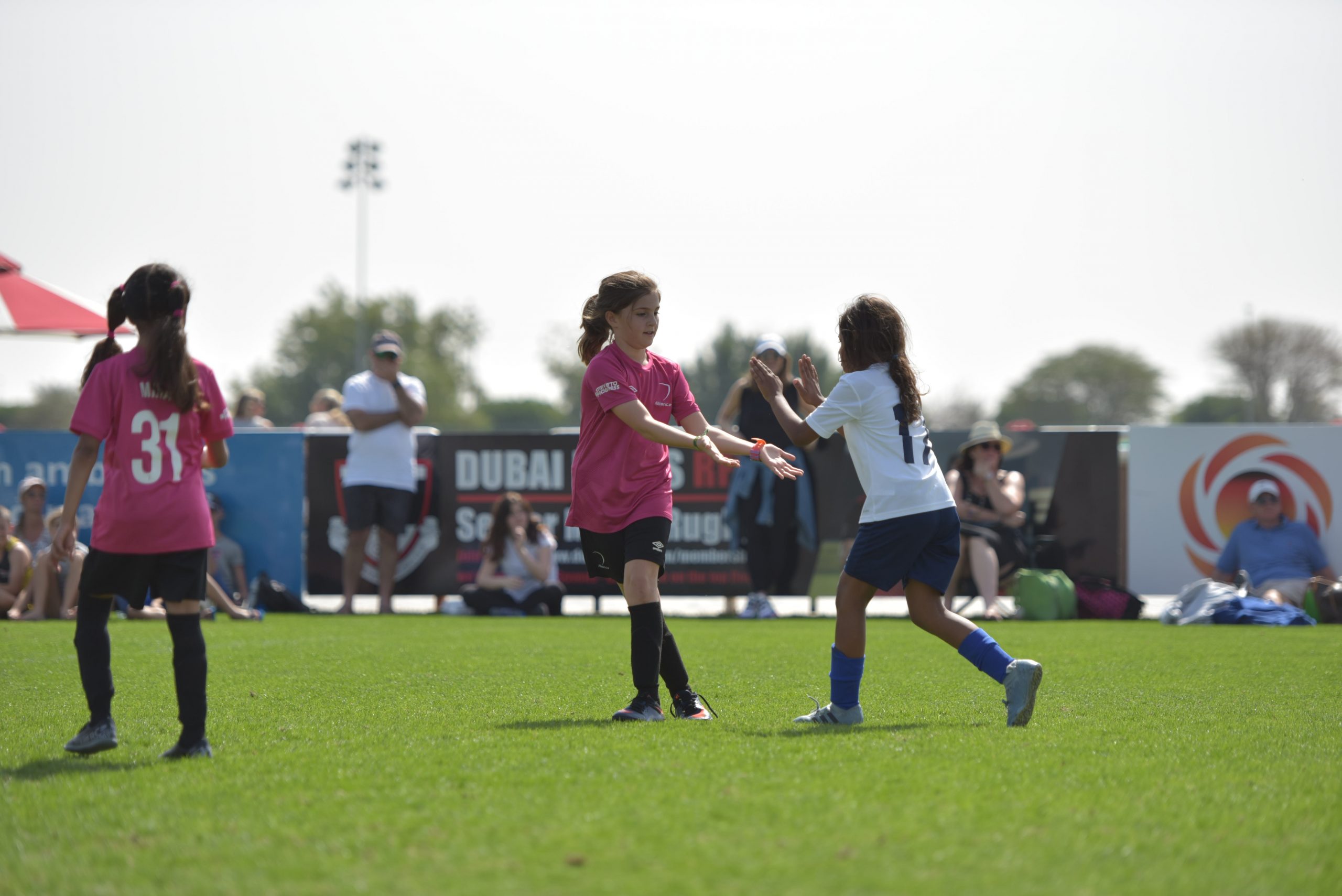Your child loves sports so much that they’ve become part of a traveling sports team. A youth travel team is a sports group that play at the highest level. Considered elite, they often travel to other places, both locally and out of state, to play against their competitors. They may even play in tournaments. Typically, these teams are affiliated with a private club or their school. Being part of such an elite group is something you and child will remember forever. However, as many pros as there are, there is a downside as well. Whether your son or daughter is already a part of a sports team or is wanting to join, here’s a few things you should consider.
The Cost
Before you get into the pros and cons, let’s talk about the financial investment. Even if your child is an excellent player, they may want to sign up for additional training Some they ‘ll probably have to audition to be accepted. That said, private sports coaches are expensive, so if you need a way to cover the cost, some families have even considered a personal loan may be the way to go.
The Pros
Young athletes can reach a point where they are bored with rec league play. A travel team may be the best way for them to learn new skills, meet expert coaches, progress in their sport, and have fun in the process. Kids need to be challenged so they can grow. On a competitive travel team, players gain great experience in team play and when athletes reach a certain level, it’s important that their hard work is rewarded. That’s where the traveling groups come into play. Not only are their skills recognized, but they’re celebrated as well. Other pros of signing up to become part include:
- Builds new skills
- Boosts family bonding
- Increases self-esteem and confidence
- Increases feelings of life satisfaction
Another perk is that any young athletes grow bored when they play on traditional teams. Most excel ahead of their peers, so joining an elite traveling group is another way to keep boredom at bay.
The Cons
While some may disagree, there are still a few cons to keep in mind. These types of teams can be demanding, and have expectations that are hard to fill. It’s not uncommon for youngsters to feel pressure to perform, which can lead to performance anxiety. They might worry so much that their school performance may start to dwindle, and they stop being a social as they used to be.
How to Make a Decision
When kids are interested in pursuing this path, you need to discuss their expectations first. You also need to have an open discussion about possible sacrifices and whether they are okay following through. Some of the most important questions you need to ask are:
- Are you comfortable with the coach?
- Are you able to watch some of the games prior to joining?
- Are there negative consequences if it’s not a good fit?
It’s important to discuss all the what-if’s prior to even auditioning. It’s equally important to discuss the reasons why it’s okay to have a change of heart.
Safety Precautions
Playing sports isn’t without risk. From broken bones to concussions, the risk is always there. As such, you need to speak with the coach and find out what type of safety measures are in place to prevent serious injury. Additionally, you also need to research the way your son or daughter will be training. Will the training be held in inclement weather like extremely hot and humid, or will they take the necessary precautions and postpone training in bad weather? This along with the fact that children with certain medical conditions might need to sit out should be investigated. While it’s true that physical activity is good for your health, the total time your children spend running, jumping or dodging being tackled increases the risk of injury or worse.
How Avoid Unsafe Practices
How your children train is just as important as how often. To reduce the risk of injury, pay attention to how training is carried out. If it seems like the coach is pushing the players too hard. Do they have regular breaks and times for rehydration, or does the coach chastise them for needing to take a break? If you do recognize this going on, it might be best to disenroll from the program. While this might be disappointing, it’s far better than having your child suffer a heatstroke.




